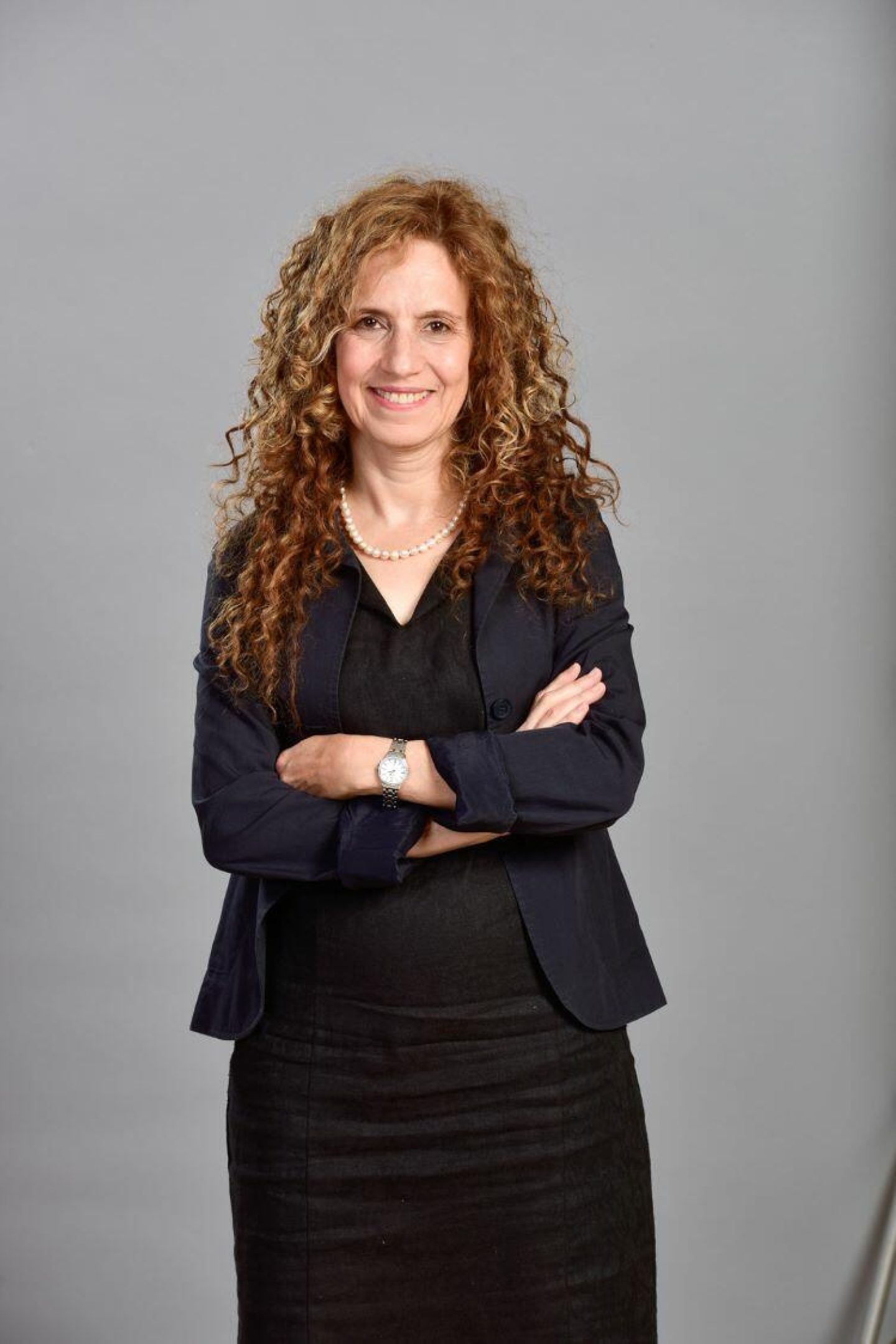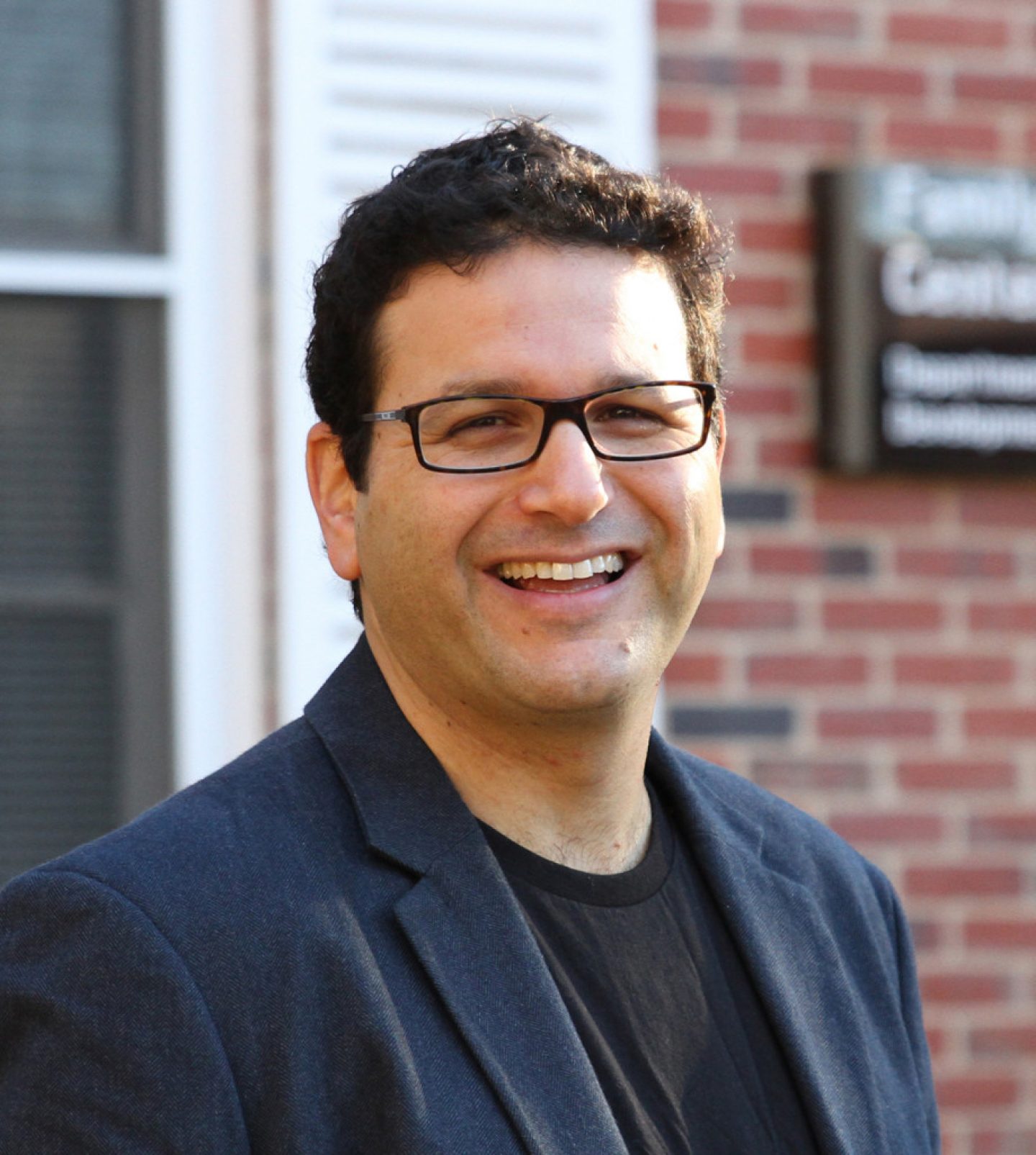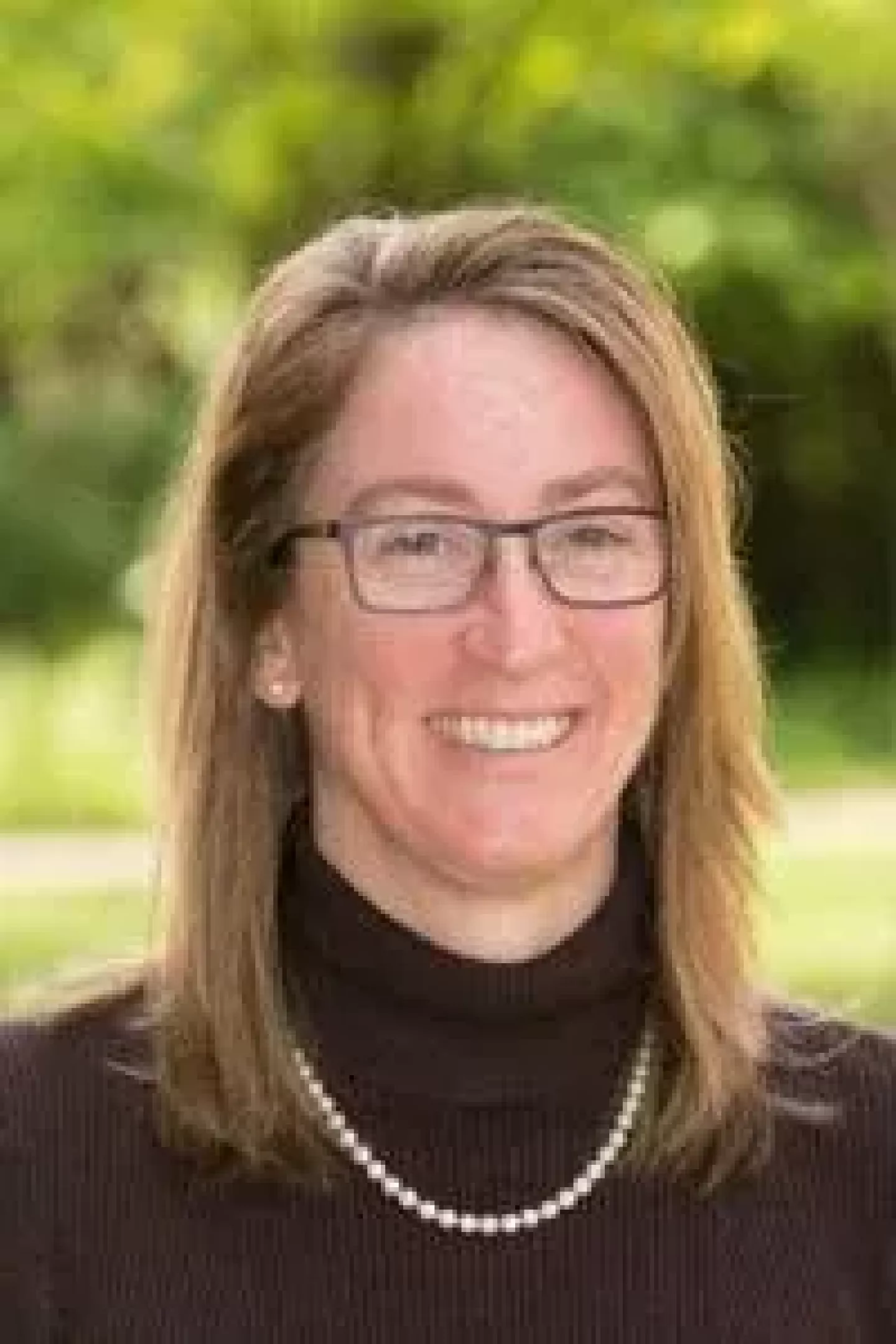Biological Embedding of Caregiving Adversity

Dr. Feldman is the Simms-Mann professor and director of the Center of Developmental, Social, and Relationship Neuroscience at Reichman University, Israel, directs the Irving B. Harris public clinic for young children and their families, and is an adjunct professor at Yale University Child Study Center. Her empirical research and theoretical models focus on the neurobiology of human attachments, processes of biobehavioral synchrony, and the biology of resilience. Her studies on the role of oxytocin, the parental brain, inter-brain synchrony, and the neuroscience of empathy have been instrumental in describing the biological basis of human social collaboration and widely published in the media. In several birth-to-adulthood studies she mapped the long-term effects of premature birth, maternal depression, and chronic trauma on brain and behavior and described the long-term effects of touch-based interventions on the adult brain. Her observational tools for analyzing social interactions are used in 32 countries and her dialogue-enhancing intervention for Israeli and Palestinian youth is the first to show long-term effects on brain and behavior in the context of intractable inter-group conflict. Dr. Feldman published >350 papers in top-tier journals and held editorial position. She was named a highly-cited researcher (2018), World Expert in parenting research (2019), and is the recipient of the 2018 Graven's Award for research on high-risk infants, the 2022 award of the Society of Reproductive and Infant Psychology, and the 2020 EMET prize, Israel's highest prize in arts and sciences.
 Dozier Slides
Dozier Slides
Dr. Dozier is the Unidel Amy E. duPont Chair and Professor of Psychological and Brain Sciences at the University of Delaware in the United States. She has studied the development of young children in foster care and young children living with neglecting birth parents, examining challenges in attachment and regulatory capabilities. Along with her graduate students and research team, she developed an intervention, Attachment and Biobehavioral Catch-up (ABC), for parents of vulnerable infants. Through randomized clinical trials, ABC has been demonstrated to be effective in enhancing parental sensitivity and children’s behavioral and biological functioning. In 2016 she was named the Francis Alison Professor, the university’s highest faculty honor. In 2018 she received the International Society for Infancy Studies Translational Research Aware and was the 2019 recipient of the American Psychological Association Urie Bronfenbrenner Award for Lifetime Contribution in Developmental Psychology in the Service of Science and Society.

Dr. Lunkenheimer is a Professor of Psychology at The Pennsylvania State University and an Associate Director of the Penn State Child Maltreatment Solutions Network. She earned her PhD in Developmental Psychology from the University of Michigan and completed a postdoctoral fellowship in prevention science at the University of Oregon. She has served as an associate editor or on the editorial boards of multiple journals, including Developmental Psychology, Infant and Child Development, Child Development, and Journal of Family Psychology. Dr. Lunkenheimer’s research program revolves around regulatory processes in the family, with the dual goals of (1) understanding how mother-child and father-child interaction patterns act as risk and protective processes for developmental psychopathology and (2) uncovering malleable relationship processes that could aid in the tailoring and improvement of preventive intervention programs for families at risk. Grounded in dynamic systems theory and using dynamic time series statistical approaches, Dr. Lunkenheimer studies the moment-to-moment coregulation of emotions, goal-oriented behaviors, and physiology between parents and young children in relation to familial risk factors (e.g., child maltreatment, parent mental health problems and stress) and child outcomes (e.g., self-regulation, behavior problems).

Dr. Oshri is a Professor in the Department of Human Development and Family Science, University of Georgia. He is a developmental scientist who studies children and youth's well-being and resilience. His research focuses on understanding youth development using multi-methods (observation, surveys, neuroimaging-fMRI, stress physiology) and multi-level research (e.g., individual cognition, personality, family, peer, and neighborhood environments). His laboratory team (https://www.gadevelopmentalscience.com/) conducts research that elucidates the multi-level mechanisms that underlie the link between early-life stress in childhood (e.g., child maltreatment, poverty, cultural stress) and adolescent behavioral risk (e.g., substance use, sexual risk behaviors) and resilience. Knowledge generated by my research contributes to intervention and prevention programs, as well as promotes resilience among children and adolescents at risk.
 Skowron Slides
Skowron Slides
Dr. Skowron is a Professor in the Department of Psychology at the University of Oregon where she also runs the Family Biobehavioral Health Lab. She is a certified PCIT therapist and Level I Within-Agency Trainer. Dr. Skowron earned her Ph.D. at the State University of New York, Albany, and completed a pre-doctoral internship at the Palo Alto VA Medical Center. Following her post-doctoral fellowship in child clinical psychology at the University of California, San Francisco's Langley Porter Psychiatric Institute, she worked in the Irving B. Harris-funded Child Trauma Project at San Francisco General Hospital with Dr. Alicia Lieberman, evaluating attachment-based child-parent psychotherapy for mothers and preschool children from violent families. Dr. Skowron and her students study the effectiveness of child and family interventions, including Parent-Child Interaction Therapy (PCIT) and a newly developed trauma-informed adaptation to PCIT, for supporting caregivers and strengthening biological and behavioral markers of emotion regulation and self-control in caregivers and children.